From Mahira Khan to Hajra Khan: What is it like to be a woman in Pakistan?
Empowered personalities share breaking stereotypes, holding their own and the tough climb up the ladder
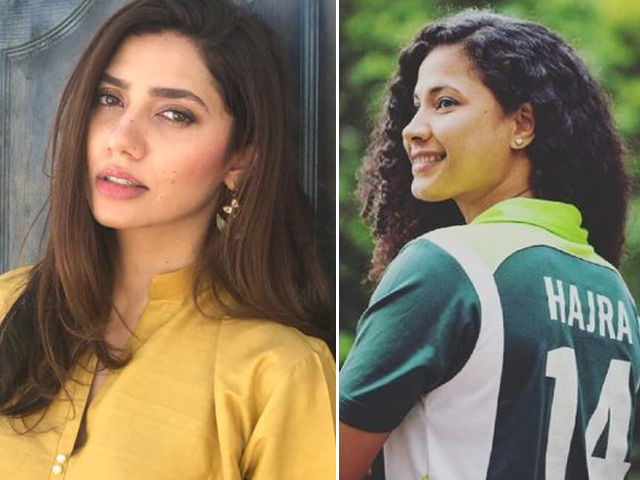
From Mahira Khan to Hajra Khan: What is it like to be a woman in Pakistan?
On Sunday, BBC brought together empowered Pakistani women on one platform to share their two cents on the subject. While Pakistan is home to renowned liberal women including late Benazir Bhutto and Malala Yousafzai, it is also a place where women like Qandeel Baloch are murdered in the name of honour.
Pakistan stands second in gender disparity. So, what obstacles did superstar Mahira Khan, Olympic athlete Hajra Khan, comedian Faiza Saleem and lawyer-cum-human rights activist Nighat Dad encounter when they decided to break the stereotypes attached to what is expected of a typical Pakistani woman?
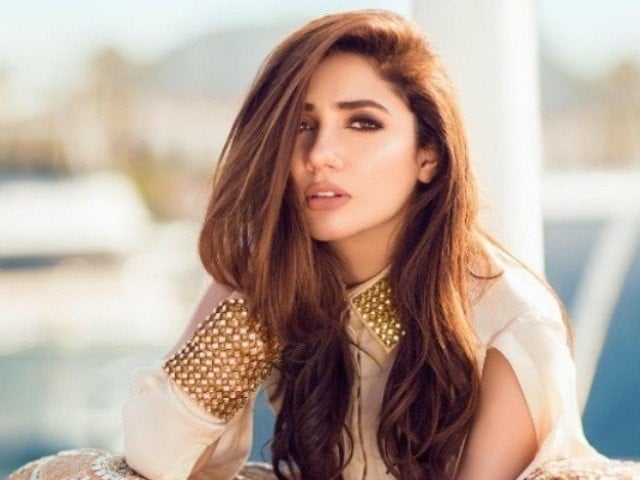 Mahira Khan. PHOTO: Instagram
Mahira Khan. PHOTO: InstagramTalking about what it means to be a woman in Pakistan, Mahira commented, "For me, being a woman in Pakistan means that against all odds - and there are many - I get to make my own choices. Because of this and because I'm in a position of power and privilege, I can help the generations to come in many, many ways."
It wasn't easy for Hajra to build her career without sacrifices. "Being a Pakistani woman means that I might be a top level athlete at my sport but I would also lose bits of my family in the process," she said. "Because, I know there are a lot of female athletes who are not allowed but they still strive for the best. There's just a lot left behind in the process."
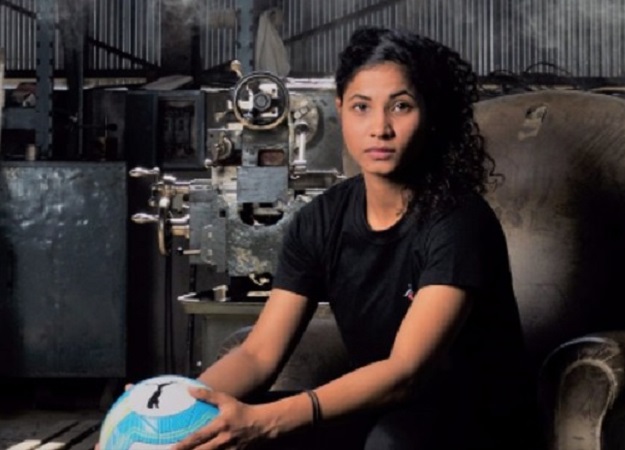 PHOTO: TWITTER
PHOTO: TWITTERFaiza, on the other hand, had to fight the usual beauty standards of society. "To me, being a woman in Pakistan means that I may be breaking grounds in comedy, but I would still be expected to look a certain way in order to feel worthy. I think that's the biggest contrast of my life and many other Pakistani women," she said.
Nighat, who has become a household name in the recent past, launched Pakistan's first cyber harassment helpline this year. However, she reveals she wasn't allowed access to the internet or phone until she was in university.
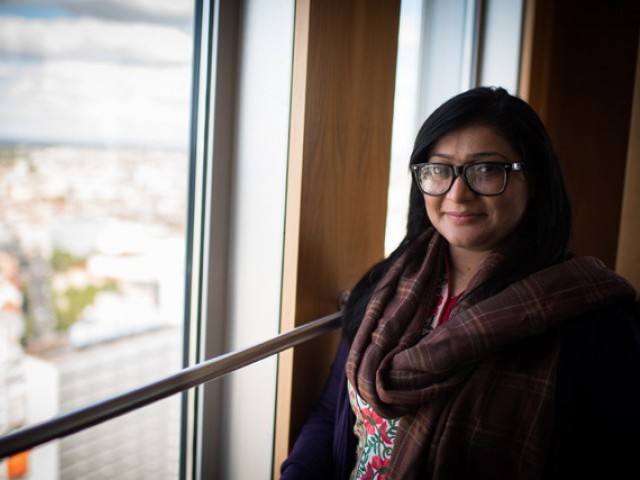 PHOTO: INTELEXIT
PHOTO: INTELEXIT"I set up Pakistan's first and only cyber harassment helpline but I wasn't allowed to access mobile phone and internet while I was studying at the university," she remarked.
The guests then divulged on their experiences on being typecast in society and how they clapped back. "I'm the poster child for cyber bullying," said Mahira. "It's hurtful. I think about myself as someone who understands that I have enough faith and confidence in myself, but again I am older and I am at a stage in my life where I can think like this."
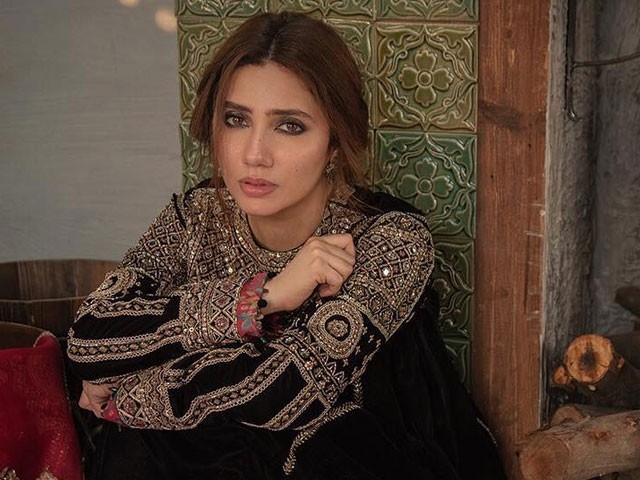 PHOTO: ZARA SHAHJAHAN/INSTAGRAM
PHOTO: ZARA SHAHJAHAN/INSTAGRAMThe actor, who has received numerous international accolades added, "I could win an award and they'd drag me down. I could wear sleeveless and I'll go to hell and take everyone who loves me to hell with me. My only advice to you is that such people do not exist. It's not real."
Hajra revealed how not only she, but her family (especially her father) too had to oppose all those who thought her career would bring disgrace to the family.
"Two years of playing football, we were going to play the South Asian Championship. The papers wanted to feature me. Those papers would go to my relatives and they'd call up my parents saying, 'What's going on?'. They would say it's a disgrace to our family," she shared. "They'd ask my parents, 'How could you do this to your child?' and my dad would stand up for me and would tell them to back off."
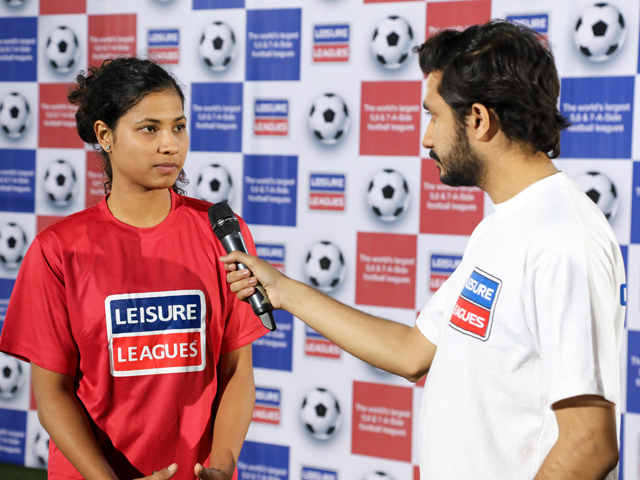
She continued, "For four years they stopped speaking to us but my dad would tell me to focus on what I'm doing and so I did. And I was made captain when I was 20. I'm playing for clubs in the Maldives and Germany. They then started slowly trying to reach out on social media. They'll add you, tweet at you, try to make conversation, put up childhood photos and now they're fine." According to her, this is how it works for every woman in Pakistan. "Even if you want to be a doctor but choose to be a neurosurgeon people will tell you it's too difficult. Stop dragging women down!"
Faiza has been body shamed for as long as she can remember. And she finally opened up about it to the audience.
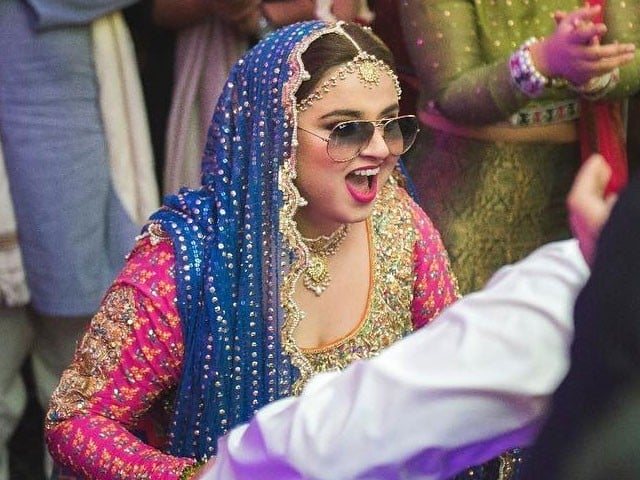 PHOTO: FAIZA SALEEM/INSTAGRAM
PHOTO: FAIZA SALEEM/INSTAGRAM"They're people who have absolutely nothing to do with your life, and I don't understand why it (body types) bothers them so much. I've spent my whole life trying to figure this out. They're so concerned with how you look and how you dress and the way you are," said Faiza. "This uncle once said to me in front of my husband, 'Beta, I really hope you're trying to lose weight for your wedding,' and I couldn't stop staring at his face."
Talking about gender bias, she added, "So there's a male comedian, he doesn't have hair and he's referred to as Ganji Swag but if I'm overweight and if I don't have hair or have acne, no one is going to call me Acne Swag or Moti Swag. And I find that really funny. It's not about their looks."
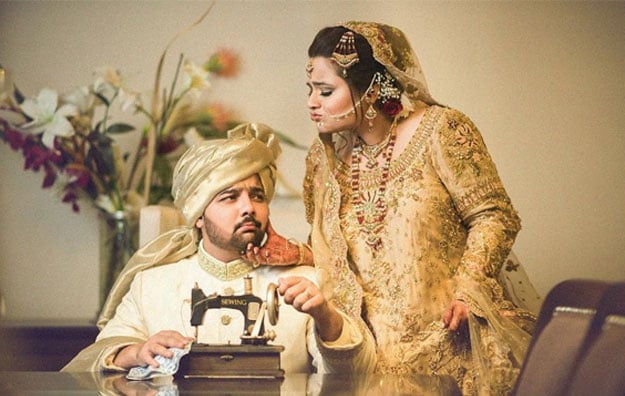 PHOTO: FAIZA SALEEM/INSTAGRAM
PHOTO: FAIZA SALEEM/INSTAGRAMNighat explained how women in Pakistan can reach out to her new venture if they are being harassed on social media. "There are different strategies on our cyber harassment helpline. We have lawyers who talk about cyber law and legal remedies and we have mental health counselling for blackmailing, stalking, harassing."
So, what safety measures can we take to curb it?
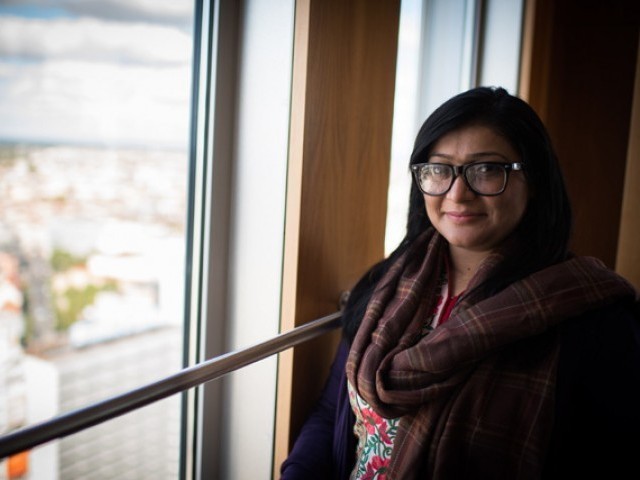 DRF Executive Director Nighat Dad. PHOTO: INTELEXIT
DRF Executive Director Nighat Dad. PHOTO: INTELEXIT DRF Executive Director Nighat Dad. PHOTO: INTELEXIT
DRF Executive Director Nighat Dad. PHOTO: INTELEXIT"Make strong passwords. People use Facebook, Instagram, Snapchat, Twitter, and emails and mostly people use one password for five accounts, and that's a wrong practice, use different passwords for all accounts, and do not share your passwords with partners," Nighat said. "Most of the times we receive calls saying that their account is hacked but we find out that it's not hacked, it's sharing your password, because it's the key of trust in your relationship that's how people get passwords off each other. Your password belongs with you, not your partner."
You can listen to the full talk here.
Have something to add to the story? Share it in the comments below.


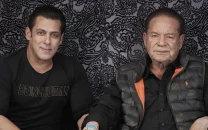
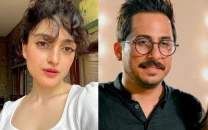
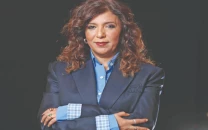

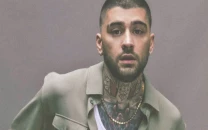












COMMENTS
Comments are moderated and generally will be posted if they are on-topic and not abusive.
For more information, please see our Comments FAQ